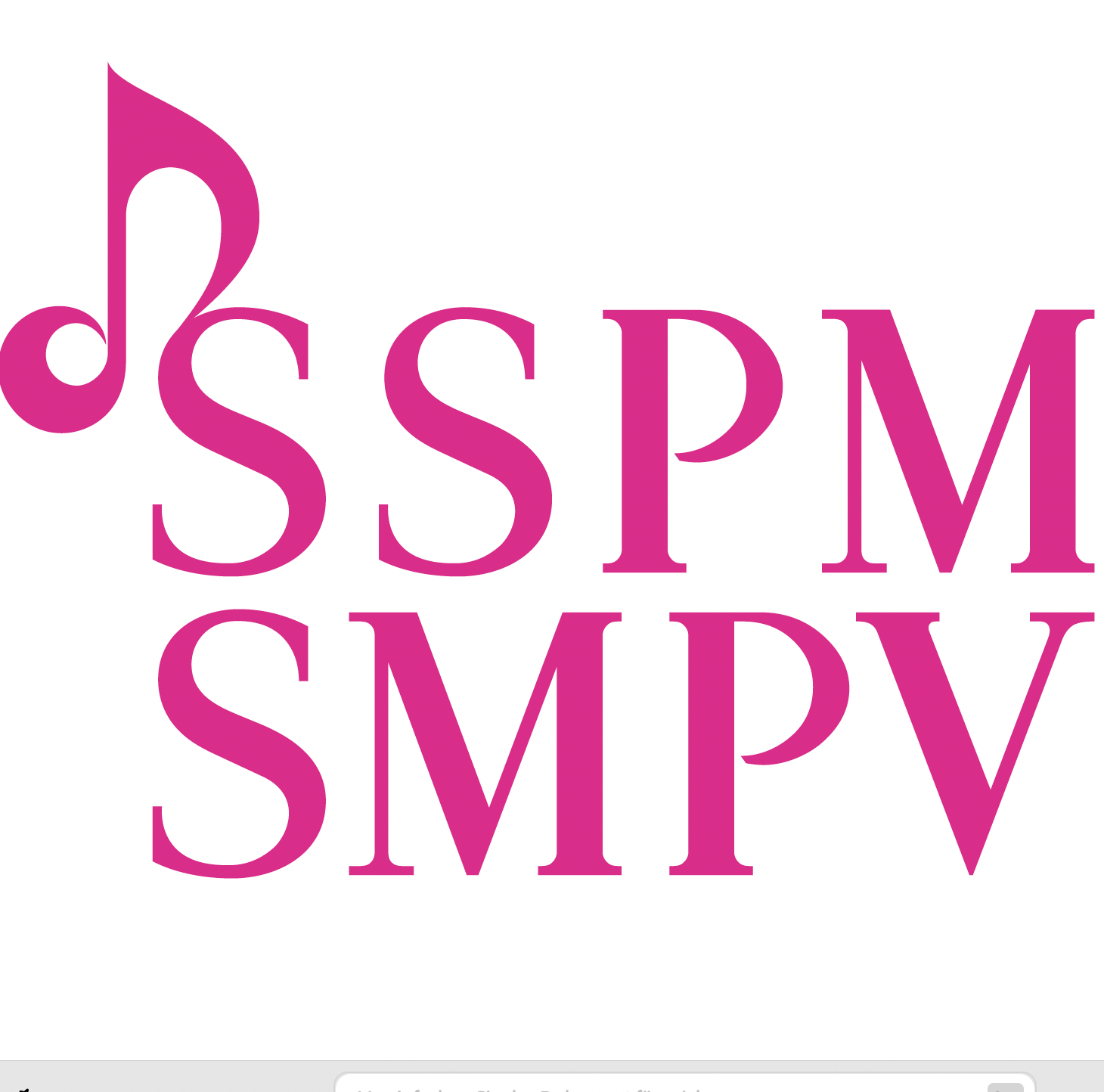Injustice in the canton of Grisons
Although the Cultural Promotion Act of the Canton of Graubünden stipulates that music school teachers in Graubünden receive the same salary as primary school teachers, their salary is 25 % lower. Aita Biert, member of the SSPM Central Committee and member of the Grand Council of the Canton of Graubünden, is fighting against this injustice.
The Cultural Promotion Act (KFG) of the Canton of Graubünden states in Article 18²: "The minimum annual salary and number of teaching units for a position at 100% are based on the guidelines applicable to primary school teachers in accordance with the School Act." In reality, the duration of lessons is set at 45 minutes for primary school teachers and 60 minutes for music teachers, as stipulated in the Cultural Promotion Ordinance 2018, in violation of the KFG. Music teachers in Graubünden therefore actually earn a quarter less than their elementary school colleagues, despite the fact that the Cultural Promotion Act prescribes equal pay.
Dear Aita, you have submitted a motion to the Graubünden government to remedy this situation. During discussions on the Ordinance on the Law on Culture, how was it justified that music teachers should have to work longer hours for the same pay?
Aita Biert: Board members felt that music lessons required no preparation or follow-up, and that there was much less responsibility involved in music lessons, which are often individual, than in classroom lessons.
We both know this isn't true. Why don't music school teachers fight back?
A.B.: Music teachers generally have too little self-confidence. They always think that they've been lucky enough to make a career out of their hobby, and say that they're "just music teachers".
However, they are specialists with at least a Master's degree. They therefore have a higher level of qualification than primary school teachers. But they are afraid of losing their jobs if they fight back, fearing that pupils will attend fewer lessons if they become more expensive, and that only children from well-off families will still be able to take music lessons. Added to this is the fact that many cross-border commuters work in the canton of Graubünden, and their wages are not considered too low.
You then withdrew your motion and supported the government's counter-proposal. Why did you do this, and what did it consist of?
A.B.: The government has recognized the problem. From 2026, the processing of contributions for "Sing- und Musikschulen" will be handled by the Office of Culture, Cultural Promotion department. The government saw this change in responsibility as an opportunity to thoroughly review the structure of teaching and the financial consequences, and then to work out a fair proposal with the Association of Singing and Music Schools of Graubünden (VSMG) and other players, which could have been put to the vote in the Grand Council. This seemed very reasonable to me. The ordinance also stipulates that the canton subsidizes a maximum of 14 teaching units per music student per year. So an immediate adjustment would have posed enormous problems, as the canton would suddenly have subsidized only 10.5 hours per year instead of 14. But I was really hopeful that the government's proposal could win a majority in the Council.
The Council rejected the proposal by a narrow majority of 56 votes to 48. How did this disappointing decision come about?
A.B.: Opponents presented things as if we were seeking a salary increase of 25 % for music teachers, which they could understand, as they too would like a higher salary. What they completely failed to understand was that this was not a question of a pay rise, but of equal treatment for music teachers and primary school teachers, as provided for by the KFG, i.e. a simple application of the law they themselves had adopted. I was very disappointed!
What next?
A.B.: The government proposal put forward by J.D. Parolini would have been effective. Since it was rejected, the government should in fact adapt the Culture Ordinance to the Culture Act on its own, as it should have done from the outset. We'll see if they do. If not, we'll really have to think about whether to lodge a complaint, because the law is clearly being broken. Kindergarten teachers in the canton of Graubünden succeeded in obtaining the same salary as primary school teachers through a successful legal action. For the time being, SSPM OstSüdost-Schweiz and the Graubünden Association of Singing and Music Schools need to clarify legally whether such a legal action would have any chance of success. And we need to make the canton's music teachers more aware of this issue and motivate them to join the SSPM, their professional association, so that we form an ever larger group capable of standing together for justice and equal treatment.
This is where my new favorite topic comes into its own: "Music teacher, music educator" should also become a protected profession in the canton of Graubünden, as is already the case in the cantons of Vaud and Lucerne.
A.B.: It would certainly go a long way to gaining recognition for our profession, but there's still a long way to go to get there. I hope we can solve the problem of unequal pay before then!








